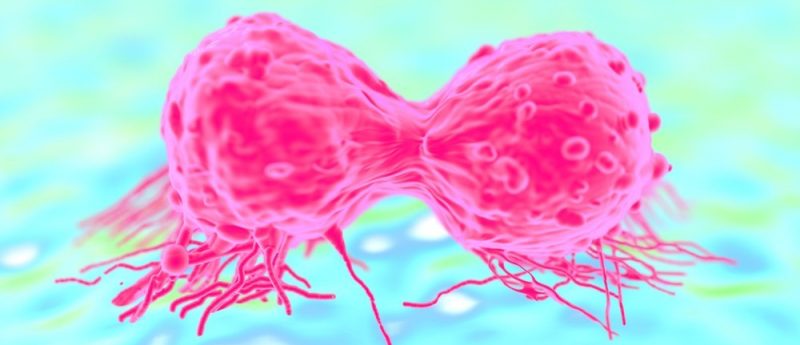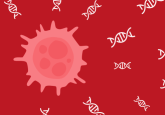CRISPR-Cas9 can destroy cancer cells using nanoparticle delivery

Refer a colleague
A recent paper, published in Science Advances, from scientists at Tel Aviv University (Israel) has demonstrated how the CRISPR-Cas9 genome editing system – recognized by this year’s Nobel Prize for Chemistry – can be delivered to cancer cells in mice to cut their DNA, effectively destroying the cell. "This is the first study in the world to prove that the CRISPR genome editing system can be used to treat cancer effectively in a living animal," commented Dan Peer (Laboratory of Precision Nanomedicine at the Shmunis School of Biomedicine and Cancer Research at Tel Aviv University), whose laboratory conducted the research....
To view this content, please register now for access
Join our member community for FREE to access a collection of journal and online-only features, including:
- Exclusive access to educational videos, eBooks and insights into top BioTechniques journal articles
- The latest news and journal updates delivered straight to your inbox when you want it
- Personalized recommendations for the latest member-exclusive podcasts, interviews and expert opinions
- Priority registration to webinars, panel discussions and events
- Access to competitions and journal publication discounts, including 10% off open access fees when you sign up today!
Please enter your username and password below, if you are not yet a member of BioTechniques remember you can register for free.




